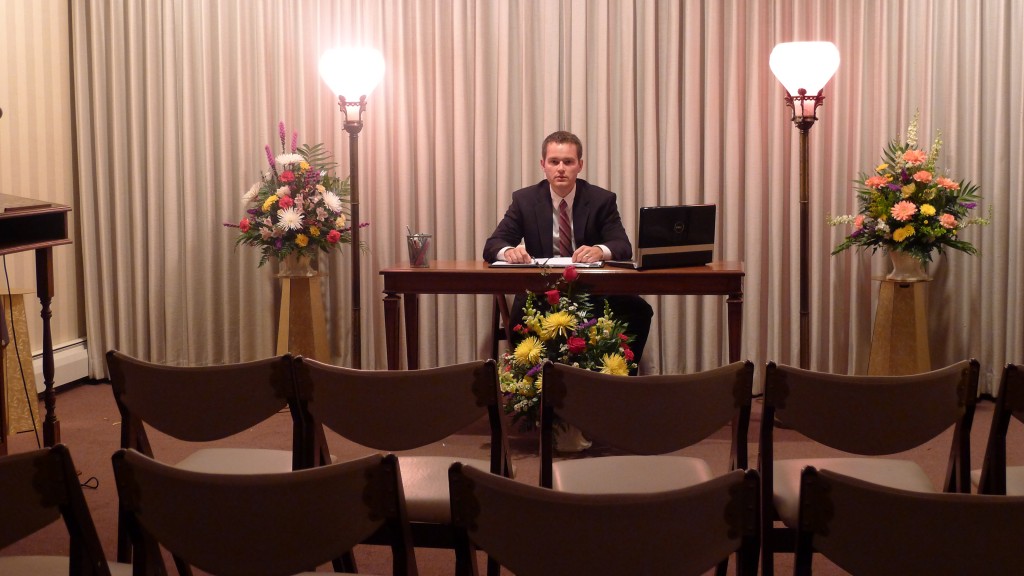Death owes me a steak dinner…
Written by Shari Hadley, LCSW
Today’s guest post comes from Shari Hadley, LCSW (Licensed
Masters Social Worker). Shari was raised
in rural Missouri by both parents until her mother’s untimely death in a
farming accident. While in college, she became Wiccan, married and had a son,
but then tragedy struck again leaving her a widowed single mother at age 30.
Read more about her incredible journey in her book “From the Cauldron to the
Cross”.
Contact Shari via her website www.cauldrontothecross.com or
“Like” on the book’s Facebook page.
*****
I had always thought of Death as a person, at least, until
recently. Only while participating in a Bible study of Revelations did it occur
to me to even question the idea. “I looked, and there before me was a pale
horse! Its rider was named Death, and Hades was following close behind him.
They were given power over a fourth of the earth to kill by sword, famine and
plague, and by the wild beasts of the earth.” Revelation 6:8 (NIV). It was this
personification of Death in scripture that brought my original beliefs about
death to the forefront. You see, I normally think in very literal terms.
Thankfully I’ve had a very patient Bible study teacher who enjoys my
inquisitive mind (God Bless you Dr. Truelove!) and was able to help me
understand that this passage is not to be taken literally, but figuratively.
So I have a better understanding of the existence of death,
but I still personify him. It’s hard not to. After all, my hospice buried 211
people last year. That’s a lot of people, and I am the only grief counselor for
all of their families. So it’s hard not to think of death as a fellow coworker.
“Here let me introduce you to everyone. This is our chaplain, there is our
volunteer coordinator, here are a couple social workers, our medical director
and our nurses. Oh yeah, and over there by the coffee pot? That’s the Grim
Spector of Death. That’s why the darn pot never works. Say hello to our
visitors Death. (he waves a friendly hello).” You see Death and I are friends.
And like a good friend, I don’t always agree with his methods or who he chooses
to have a relationship with, because after all, none of his relationships end
well.
I remember the first time I met Death. I was a child. We had
a black Labrador retriever named Hambone. Hambone was just like every other
black lab you ever met. Sweet, good tempered, patient, docile and dedicated
fully to his family. Always ready with a wag of the tail, and a hug, hoping
maybe, just maybe you’ll drop some of what you are eating, because kids are, by
nature, messy creatures and it was his job to clean up after the household. But
Hambone was getting old. He had been a puppy when I was a baby, and I wasn’t a
baby anymore. He was moving slower from arthritis and had white on his muzzle.
And one day Hambone didn’t show up for dinner. We looked everywhere, calling
his name, but to no avail. He just seemed to disappear.
Several weeks went by and I was taking a walk in the woods
near our house. As I wandered down a dry creek bed, something to the side
caught my eye. It was black fur on skin, pulled tight over a loose pile of
bones. It was Hambone. I ran home crying, looking for my father. Rather than
move Hambone, we simply covered his body with soil and placed a marker. Dad
explained to me that sometimes when animals get old and know their time is
coming, that they wander off to die. And that’s what Hambone did. I know he
wandered off for my benefit, but it still frightened me.
I was frightened of everything at that age, and it didn’t
help that I could see Hambones grave from my bedroom window. I used to have
nightmares of his bones coming to life and chasing me, or pacing outside my
window. Yeah, Death and I weren’t friends back then. Soon after this incident
Hambone’s best friend, our other dog Fluffy died. We buried her next to
Hambone. And it became apparent that Death was on a roll. In the same woods,
just a few yards away from Hambone and Fluffy’s grave, Death took my mother’s
life with a chainsaw. 27 years later he would stand with me in the bedroom next
to my own childhood room. With my arms around my dying father, I would look out
his bedroom window and see Hambone’s grave.
 But how does someone become friends with Death? It seems
like such an appalling idea. As appalling as say…working at hospice? Boy, how
many times have those of us in hospice been asked “So, where do you work?” and
once we respond, the individual reacts with some form of shock or horror
followed by the reply “Well, that must be depressing!” or if it’s a doctor the
reply is “I hope I never have to use your services!” I think it’s these
responses that helped me begin to feel empathy for Death. After all, no one
likes him and nobody is ever glad to see him. But after so many years in
hospice, with nearly 800 deaths under my belt, hundreds of funerals, sympathy
cards, and condolence calls, I’ve come to respect Death. How can I not, after
seeing the glassy eyes of my patients who gasp for breath, feverish, slipping
into unconsciousness, usually after losing so much weight that they are nearly
unrecognizable to even their loved ones. Death is a welcome reprieve. That’s
not to say I don’t grieve. I do, and I do hard.
But how does someone become friends with Death? It seems
like such an appalling idea. As appalling as say…working at hospice? Boy, how
many times have those of us in hospice been asked “So, where do you work?” and
once we respond, the individual reacts with some form of shock or horror
followed by the reply “Well, that must be depressing!” or if it’s a doctor the
reply is “I hope I never have to use your services!” I think it’s these
responses that helped me begin to feel empathy for Death. After all, no one
likes him and nobody is ever glad to see him. But after so many years in
hospice, with nearly 800 deaths under my belt, hundreds of funerals, sympathy
cards, and condolence calls, I’ve come to respect Death. How can I not, after
seeing the glassy eyes of my patients who gasp for breath, feverish, slipping
into unconsciousness, usually after losing so much weight that they are nearly
unrecognizable to even their loved ones. Death is a welcome reprieve. That’s
not to say I don’t grieve. I do, and I do hard. We bury my father-in-law Don Conner this Saturday at 11am in
the Appleton City Cemetery. I’ve known Don nearly 20 years, and Death has truly
broken my heart once again. I cry so hard, that I slip to the floor, crumpled,
face in my hands, weeping bitterness, begging God for a break. Just a little
break…from my friend Death. Even though Don was badly injured from his fall
March 9th, all of us truly thought he could be rehabilitated enough to one day
come home. Maybe for Christmas. But I guess that won’t be the case.
We bury my father-in-law Don Conner this Saturday at 11am in
the Appleton City Cemetery. I’ve known Don nearly 20 years, and Death has truly
broken my heart once again. I cry so hard, that I slip to the floor, crumpled,
face in my hands, weeping bitterness, begging God for a break. Just a little
break…from my friend Death. Even though Don was badly injured from his fall
March 9th, all of us truly thought he could be rehabilitated enough to one day
come home. Maybe for Christmas. But I guess that won’t be the case.
I recently saw a phrase on a church billboard that said
“Every day spent above ground is a good day.” Every time I see it, I think how
a phrase could not be more untrue. Especially for a church. But I guess that’s
how you feel when you’re not friends with Death. And by my way of thinking,
Death owes me a steak dinner right about now….
Article taken from
























